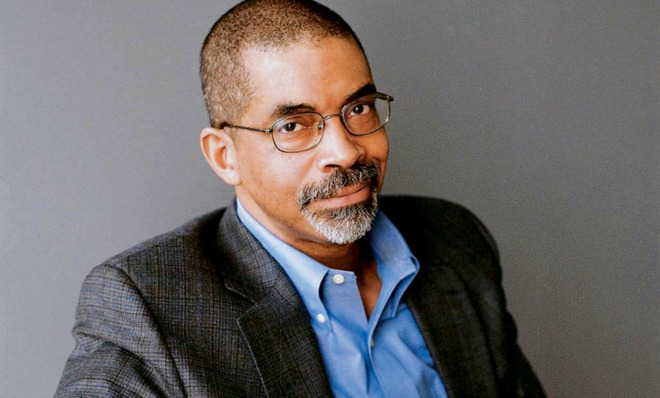Stephen L. Carter's 6 favorite books about the Cold War
The best-selling novelist recommends works by Norman Mailer, David Halberstam, and more

A free daily email with the biggest news stories of the day – and the best features from TheWeek.com
You are now subscribed
Your newsletter sign-up was successful
The Cold War by John Lewis Gaddis (Penguin, $17). Gaddis is the most insightful Cold War historian of them all, and this monumental work is quite possibly his best. He writes as a historian should, without worrying about pleasing the Left or the Right, while overturning received notions with rigorous evidence and thoughtful argument.
Harlot's Ghost by Norman Mailer (Random House, $17). This was the controversial first volume of a longer saga that Mailer did not live long enough to finish. It's told principally through the eyes of a disillusioned Central Intelligence Agency officer who's pondering the lifetime he spent battling Communism.
Arms and Influence by Thomas Schelling (Yale, $22). If you want to understand both the cleverness and the chilly pragmatism of America's Cold War strategy, read Nobel laureate Schelling's at once accessible and compelling 1966 book. You'll likely look at today's conflicts through very different eyes.
The Week
Escape your echo chamber. Get the facts behind the news, plus analysis from multiple perspectives.

Sign up for The Week's Free Newsletters
From our morning news briefing to a weekly Good News Newsletter, get the best of The Week delivered directly to your inbox.
From our morning news briefing to a weekly Good News Newsletter, get the best of The Week delivered directly to your inbox.
The Spy Who Came in From the Cold by John le Carré (Penguin, $15) The novel that launched le Carré's career remains durable after half a century. A combination of character, constant forward motion, and subtle but nagging moral questions, it has not been bettered by any spy thriller since. Le Carré never doubts who the good guys are here, but he expresses serious doubts about the good guys' tactics.
The Fifties by David Halberstam (Ballantine, $18). Though Halberstam's masterpiece is not, strictly speaking, a book about the Cold War, the conflict's tensions serve as a backdrop to every chapter. This portrait of one American decade is a remarkable book — detailed and witty, with some pearl of wisdom on almost every page.
Legacy of Ashes by Tim Weiner (Anchor, $18). Most nonfiction books about the Central Intelligence Agency are not very good. This one is outstanding. Weiner's well-researched effort proved so controversial that the CIA offered a public rebuttal. Even if the agency caught him out here or there, the overall narrative presents a powerful indictment of the inadequacy of American intelligence resources and analysis, particularly during the Cold War.
— Stephen L. Carter is a novelist and Yale law professor. His new thriller, Back Channel, puts a black Ivy League student in the thick of 1962's Cuban missile crisis.
A free daily email with the biggest news stories of the day – and the best features from TheWeek.com
-
 Why is the Trump administration talking about ‘Western civilization’?
Why is the Trump administration talking about ‘Western civilization’?Talking Points Rubio says Europe, US bonded by religion and ancestry
-
 Quentin Deranque: a student’s death energizes the French far right
Quentin Deranque: a student’s death energizes the French far rightIN THE SPOTLIGHT Reactions to the violent killing of an ultra-conservative activist offer a glimpse at the culture wars roiling France ahead of next year’s elections.
-
 Secured vs. unsecured loans: how do they differ and which is better?
Secured vs. unsecured loans: how do they differ and which is better?the explainer They are distinguished by the level of risk and the inclusion of collateral